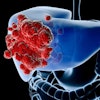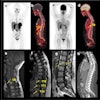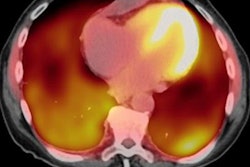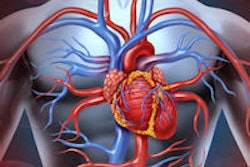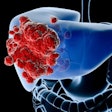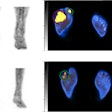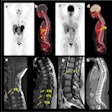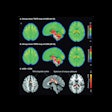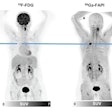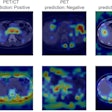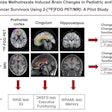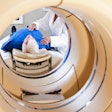Having patients consume a high-fat, low-sugar diet 72 hours before their FDG-PET scan enables clinicians to more easily diagnose cardiac sarcoidosis, according to a study published online December 20 in Clinical Nuclear Medicine.
Fasting reduces the amount of sugar and FDG uptake by healthy cells and, thus, allows FDG to concentrate in heart cells affected by sarcoidosis, noted researchers from the University of Illinois at Chicago (UIC).
The inflammatory disease attacks multiple organs, particularly the heart, lungs and lymph nodes, but there currently is no gold standard for diagnosing cardiac sarcoidosis, according to corresponding study author Dr. Yang Lu, an assistant professor of radiology at UIC. PET, CT, and PET/CT scans are often ambiguous, and using them to definitively diagnose cardiac sarcoidosis can be problematic.
In this study, Lu and his colleagues reviewed 215 tests from 207 patients at the University of Illinois Hospital in 2014 and 2015. When patients dieted for only 24 hours, 42% of subjects had inconclusive results.
When the special diet was followed for 72 hours, indeterminate results decreased to 4%, and researchers were able to say with a high degree of confidence whether these patients had cardiac sarcoidosis.
By following the diet for three days instead of one, the unpredictable but normal uptake of sugar by healthy heart cells was suppressed, Lu and colleagues noted. The technique is also expected to help clinicians to better follow their patients' progress under treatment for sarcoidosis.
